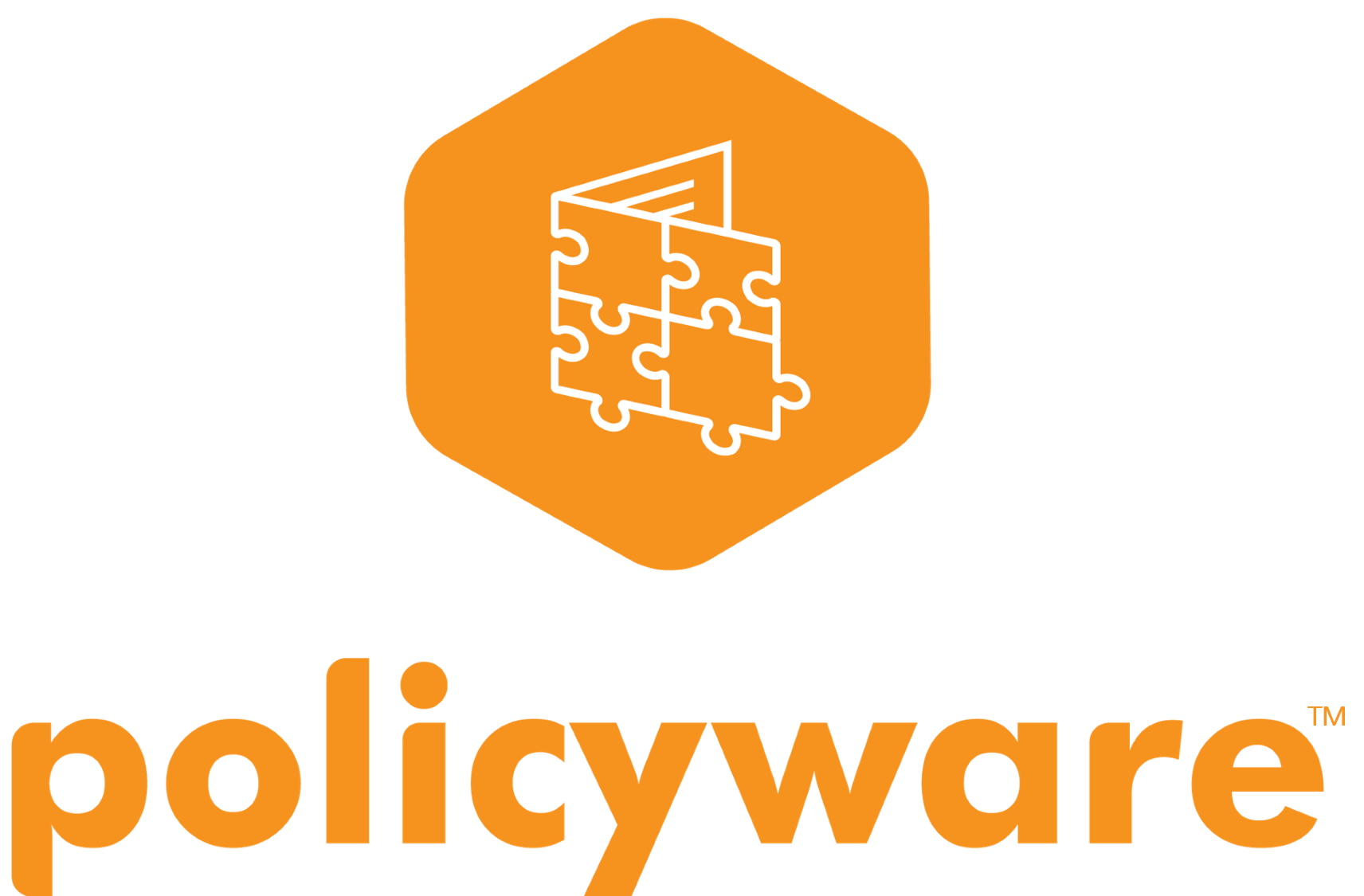Many of the people who have taken our deep dives are reimbursed by their employers. Click on the button or go to the Reimburse Me tab for a letter you can use to seek reimbursement from your employer.
CPD Certified
$950
-
Access to all Video
-
Two live lectures with samm sacks
-
powerpoints and reading material
-
earn a policyware Contining professional development certificate
$160 per video
-
Each Video is 15-20 min
-
POWERPOINTS AND READING MATERIAL
-
Watch all Videos and Earn a policyware certificate
Thank you!
